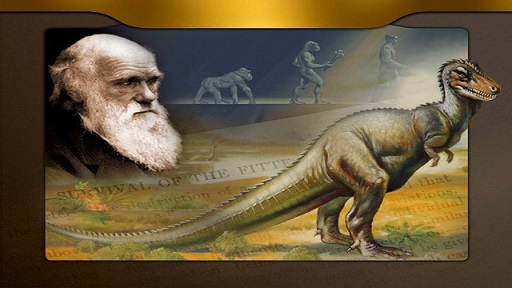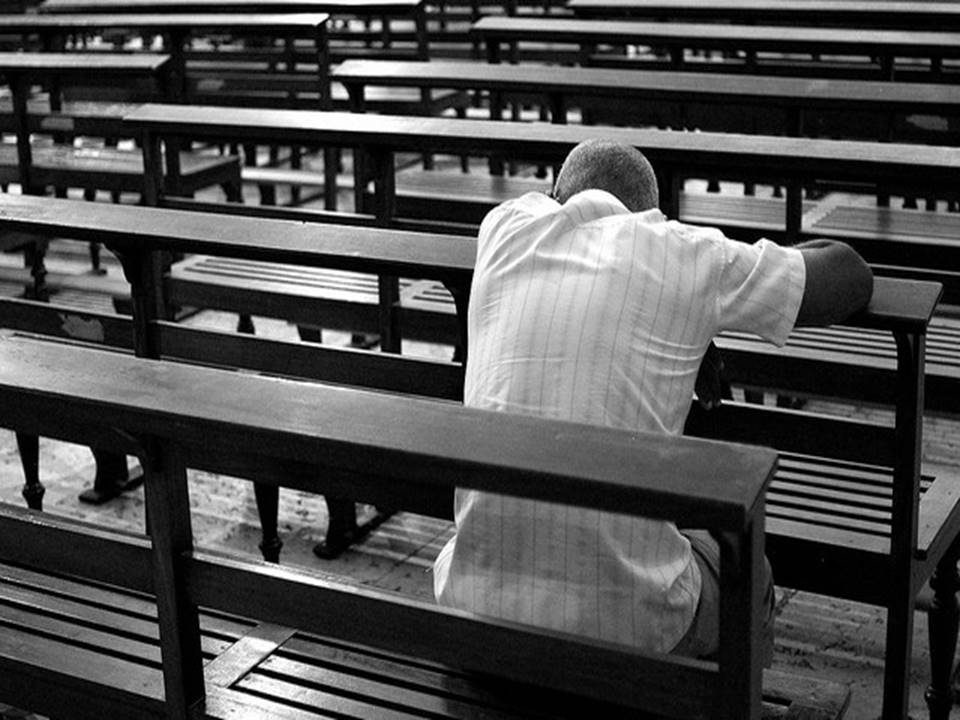
The Greatest Thievery

Samuel Smith
23 Jan'19
5
THE GREATEST THIEVERY
The quest for knowledge about the origin of man and other animal organisms has called for the proposition of various scientific theorems; some, not so convincing and others seemingly convincing. But how do we find the truth in all of these "giants" of facts? Is there any hidden agenda or ulterior motives behind any of these claims? What about creationism? Is it too archaic to be true? Has it got any pit falls? How do we look at the various propositions in the light of the Great Controversy War -- the war behind all wars?According to Dr. Ernst Mayr, "The theory of evolution is quite rightly called the greatest unifying theory in biology. The diversity of organisms, patterns of distribution and behavior, adaptation and interaction, all this was merely a bewildering chaos of facts until given meaning by the evolutionary theory" (Populations, Species and Evolution, 1970). This piece of material would take a critical look into the different set of ideas about the subject at study. We will look into how the various scientific prepositions were coined to further the humanist agenda.
SPONTANEOUS GENERATION
This is the hypothetical process by which living organisms develop from non-living matter. This archaic theory was utilised to explain the origin of life. According to this theory, pieces of cheese and bread rapped in rags and left in a dark corner, for example, were thus thought to produce mice because several weeks later there were mice in the rags. Many believed in spontaneous generation because it explained such occurrences as the appearances of maggots on decaying meat. However, by the 18th century it had become obvious that higher organisms could not be produced by non-living materials. Quite funny isn’t it? The thirst for answers to our questions can make us gullible sometimes. Imagine how an elephant would be produced through this model if it were indeed true. Another question that would beg for answers would be "where did the decaying matter come from?"CHARLES DARWIN AND NATURAL SELECTION
Natural Selection popularly known as "Survival of the fittest" was proposed by Charles Robert Darwin, the English Naturalist and Biologist between the years 1858 and 1859. In this theory, he proposed that it is a selective process whereby the strongest of a generation are able to withstand all the adverse and troublous conditions in order to become ‘parent’ to the succeeding generation whereas the weakest of that generation die and fade out, and hence that species of organism become extinct. He believed that this surviving generation (parent) develops adaptive features to make them stronger than previously for them to be able to continue perpetuation. Giant supporters of the evolutionary biology have however made profound statements casting doubts on this theory. Here are some of such statements:"Natural selection is no longer regarded as an all-or-none process rather as a purely statistical concept" (Dr. Ernst Mayr: Animal Species P.7)
"It might be argued that the theory is quite unsubstantiated and has status only as a speculation" (G.G Simpson: Major Features P.118, 119).
Thus, leading Scientists in the field still doubt the credibility of the subject. Creationists, Marshall and Sandra Hall say poignantly in their literature, "The Truth: God or Evolution?" pages 39 and 40, "Evolution has no claim whatsoever to being a science: it is time all these nonsense ceased. It is time to bury the corpse. It is time to shift the books (of Evolution) to the humorous fiction section of libraries" (Emphasis Supplied).
THE BIG BANG THEORY
The scientific community was once divided between supporters of two different theories, the Big Bang and the Steady State theories; but a wide range of empirical scientific evidence has strongly favoured the Big Bang theory which is now universally accepted. The Belgian Astronomer and Catholic Priest Georges Lemaitre proposed theoretically that the universe is expanding which was observationally confirmed later on by Edwin Hubble. The basic idea behind the Big Bang theory is that many billion years ago all the matter in the universe was concentrated in a single point or sphere. At some point, that condensed bundle of light (radiation) exploded with a big bang and the universe began to expand from that point. It is believed that mass or solid matter was formed out of the original radiation.A pressing need in this theory that should be addressed is where did the raw materials for the explosion come from? This question casts doubts on the first law of thermodynamics, thus, "matter and energy cannot be created or destroyed." In the 1989 edition of the British Journal, Nature, we read, "Apart from being philosophically unacceptable, the Big Bang is an over-simple view of how the universe began, and is unlikely to survive the decade ahead… in all respects save that of convenience, this view of the origin of the universe is thoroughly unsatisfactory. It is an effect whose cause cannot be identified or even discussed" (Nature, August 10, 1989).
Furthermore, Donald Chittick, a notable scientist on speaking about Christians who seem to concur with the Big Bang theory of origins says, "Some Christians wondered whether the big bang might be the creation event described in Genesis. However, it is wrong to confuse the postulated big bang with creation. It is a philosophical mistake because the big bang explanation was invented as a philosophical alternative to creation. It did not come from a study of Scripture. The big bang is a mechanistic or naturalistic explanation. It is an antisupernatural explanation of origins" (Donald Chittick, The Controversy, Portland: Multnomah Press, 1984, p. 62).
CREATIONISM
Having looked at the various scientific theories and the loopholes in them, it will be very prudent to take a look at the origin of the universe from the standpoint of the Creationist. The most astounding statement to have been read by an atheist, more specifically an evolutionist, is recorded inArchaeological findings like the Rosetta Stone have provided evidence to support the idea of a God behind the existence of our universe. But how does the Christian respond to the question of a change of species from one to another as held by the evolutionists? i.e. monkeys evolving to man? What about mutation? A careful analysis of the Genesis account (
Towards the end of his life, Charles Robert Darwin admitted, "There are two or three million species on earth. A sufficient field one might think for observation; but it must be said today that in spite of all the evidence of trained observers, not one change of the species to another is on record" (Life and Letters, vol. 3 page 25). Boom! That answers it all.
The renowned Christian writer, Ellen G. White throughout about 70 years of her prophetic ministry spoke about the origin of the universe in almost all of her writings. Let us consider some of the inspired words of this prolific writer: "the earth came forth from the hand of its Maker" (PP 44), "creation is not the result of natural causes" (PP 113), "the power to create is the prerogative of God alone" (PP 264). "The days of creation are not, "vast, indefinite periods, covering thousands or even millions of years" (Ed. 128); "each successive day of creation consisted of the evening and morning, like all other days that have followed" (PP 112). More importantly she writes, "I have been shown that without Bible history, geology can prove nothing… it may be innocent to conjecture beyond Bible history, if our suppositions do not contradict the facts found in the Sacred Scripture. But when men leave the word of God in regard to the history of creation, and seek to account for God’s creative works upon natural principles, they are upon a boundless ocean of uncertainty" (Spiritual Gifts book 3, page 93).
THE BATTLE BEHIND EVOLUTION
Our entire universe existed in an atmosphere of bliss until, "there was war in heaven" (It is important for us to note that of all the laws inscribed by the finger of God (
Jude Adjei Asamoah












